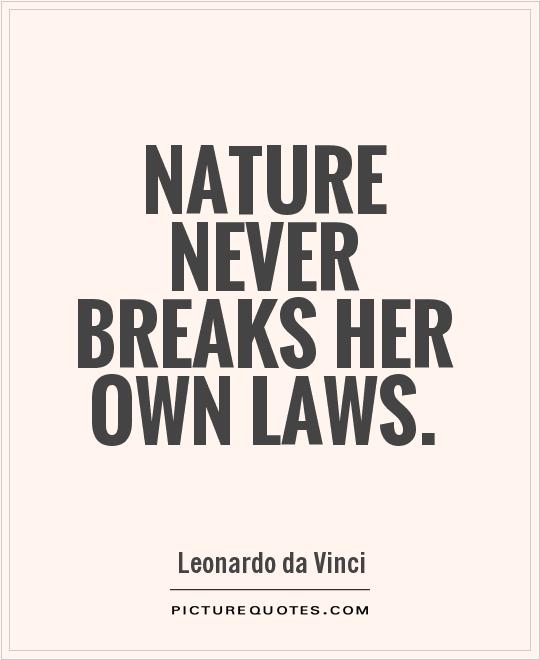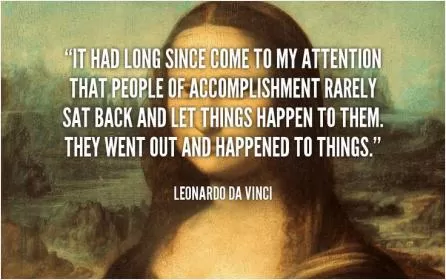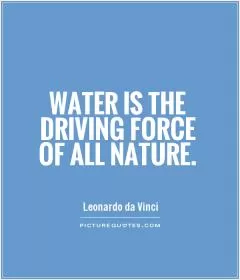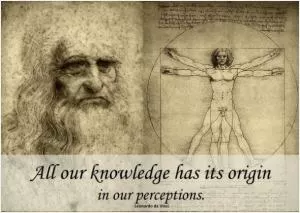Nature never breaks her own laws

Nature never breaks her own laws
Leonardo da Vinci, the renowned Italian polymath of the Renaissance era, is often quoted as saying, "Nature never breaks her own laws." This statement reflects his deep understanding and appreciation of the natural world, as well as his belief in the inherent order and harmony that governs all aspects of life.Da Vinci was not only a painter, but also a scientist, engineer, and inventor. He studied the natural world extensively, observing and documenting the patterns and processes that he saw in plants, animals, and the environment. Through his keen observations, he recognized that nature operates according to a set of laws that are consistent and unchanging.
One of the key principles that da Vinci likely had in mind when he made this statement is the concept of cause and effect. In nature, every action has a reaction, and every event is the result of a series of interconnected processes. This idea is fundamental to the scientific method, which seeks to understand the laws that govern the natural world through observation, experimentation, and analysis.
Another aspect of da Vinci's statement is the idea that nature is governed by universal laws that are independent of human influence. These laws are not arbitrary or capricious, but rather follow a logical and predictable pattern. This belief in the orderliness of nature was a central theme in da Vinci's work, as he sought to uncover the underlying principles that govern the world around him.
In the context of da Vinci's words, "Nature never breaks her own laws" can also be interpreted as a call to respect and protect the natural world. By recognizing the inherent order and balance of nature, we can better understand our place within it and work to preserve the delicate ecosystems that sustain life on Earth. This idea is particularly relevant in today's world, where human activities are increasingly disrupting the natural environment and causing irreparable harm to the planet.












 Friendship Quotes
Friendship Quotes Love Quotes
Love Quotes Life Quotes
Life Quotes Funny Quotes
Funny Quotes Motivational Quotes
Motivational Quotes Inspirational Quotes
Inspirational Quotes